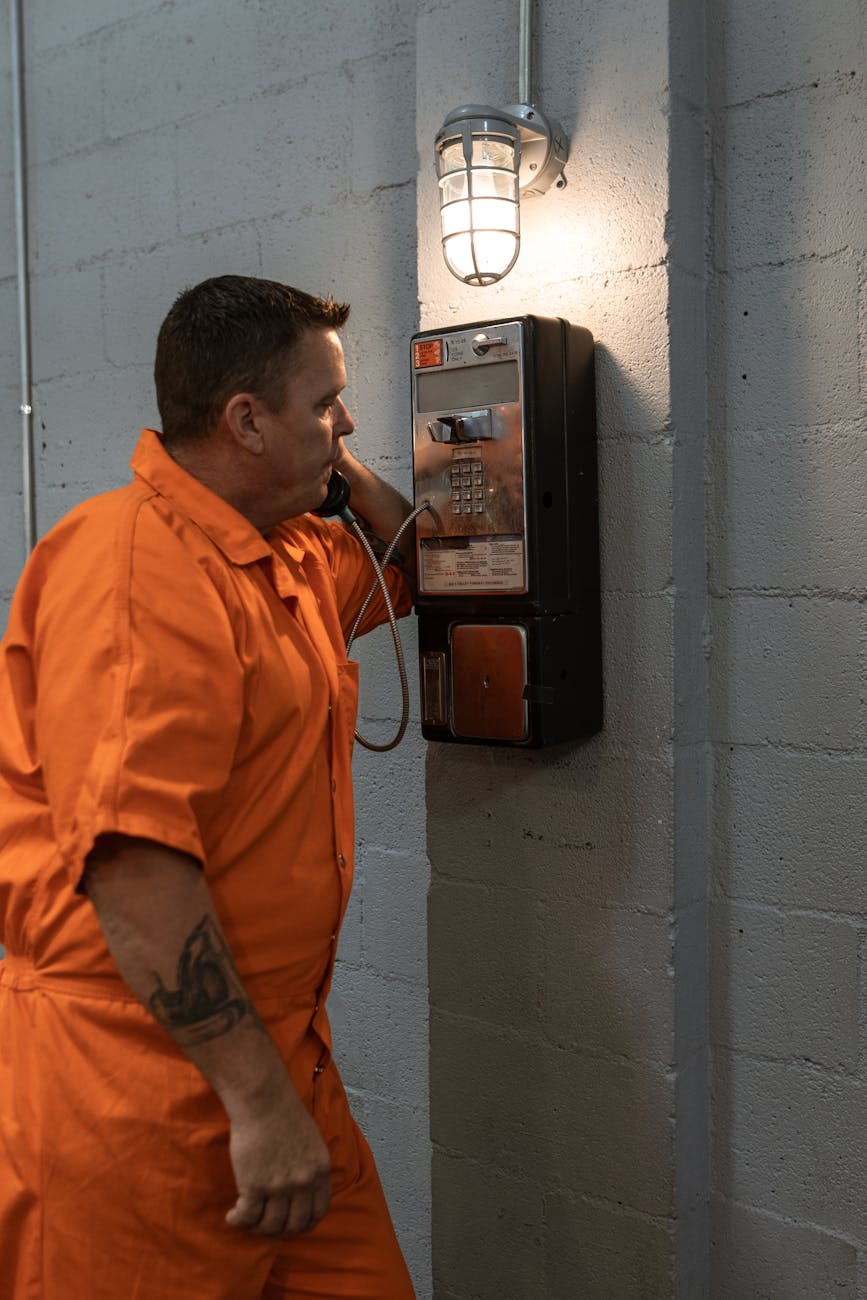The Fine Line of Free Speech in the Workplace
In a world where social media serves as a powerful platform for expression, employees are increasingly navigating the murky waters of free speech, especially when discussing contentious figures like Charlie Kirk. Recent events have highlighted the consequences of voicing opinions that stray from a company’s established narrative. The reality is that sharing thoughts online can lead to unforeseen repercussions, including job loss. The digital age has transformed the way we communicate, but it has also complicated the relationship between personal beliefs and professional obligations.
The Case of Karen Attiah
Take the example of Washington Post columnist Karen Attiah, who recently reported being fired after making statements about political violence linked to Kirk. Her case is not an isolated incident; it reflects a growing trend among private companies to impose strict boundaries on what their employees can say in public forums. Attiah’s dismissal raises critical questions: How far can employees go in expressing their views? What happens when personal beliefs clash with corporate values? The stakes are high, and the consequences can be severe.
The Corporate Response
Companies often have social media policies in place to mitigate risk, but these guidelines can be vague and inconsistently enforced. Employees may feel emboldened to express their views, only to face swift disciplinary action when their comments are perceived as controversial or damaging to the company’s reputation. In an era where public perception can alter a company’s fortunes overnight, many businesses are opting for a zero-tolerance approach to controversial speech.
This trend is not just about protecting the brand; it’s also about safeguarding the workplace environment. Companies fear that outspoken employees may create a divisive atmosphere that could lead to decreased morale and productivity. However, the risk of stifling dissenting opinions can be equally damaging, as it can create a culture of silence where employees feel they cannot share their true thoughts. The balance between maintaining a cohesive work environment and allowing free expression is increasingly difficult to achieve.
Why This Matters
The implications extend beyond individual cases like Attiah’s. They raise fundamental questions about the nature of free speech in the workplace. Should employees feel they can express their opinions without fear of reprisal? Or do companies have a legitimate right to control the narrative surrounding their brand? The tension between personal freedom and corporate responsibility is palpable, and finding a balance is more crucial than ever.
This dilemma is further complicated by the varying definitions of free speech. While the First Amendment protects individuals from government censorship, private companies are not bound by the same rules. They can set their own standards, which can lead to a chilling effect on discourse. Employees may self-censor, fearing that any misstep could lead to professional repercussions. This creates a slippery slope where open dialogue becomes stifled, ultimately hindering innovation and creativity.
Moving Forward
As this landscape continues to evolve, employees must be aware of the potential fallout from their online presence. Engaging in discussions about polarizing figures can come at a high cost, and understanding the boundaries set by employers is essential. The debate over free speech in the private sector is far from over, and employees must tread carefully as they navigate their right to express themselves. Companies, on their end, need to clearly communicate their policies and provide training that encourages respectful discourse while also allowing for personal expression.
Moreover, as more employees venture into the public sphere with their opinions, they should consider the implications of their words. A thoughtful approach to personal expression can help mitigate risks while still fostering a culture that values diverse perspectives. For organizations, finding a way to embrace employee voices, even those that may be controversial, could lead to a more engaged and innovative workforce.
Questions
What do you think is the line between free speech and workplace professionalism?
Should companies be more lenient with their employees’ expressions of personal views?
How can employees protect themselves while still engaging in meaningful discourse?




